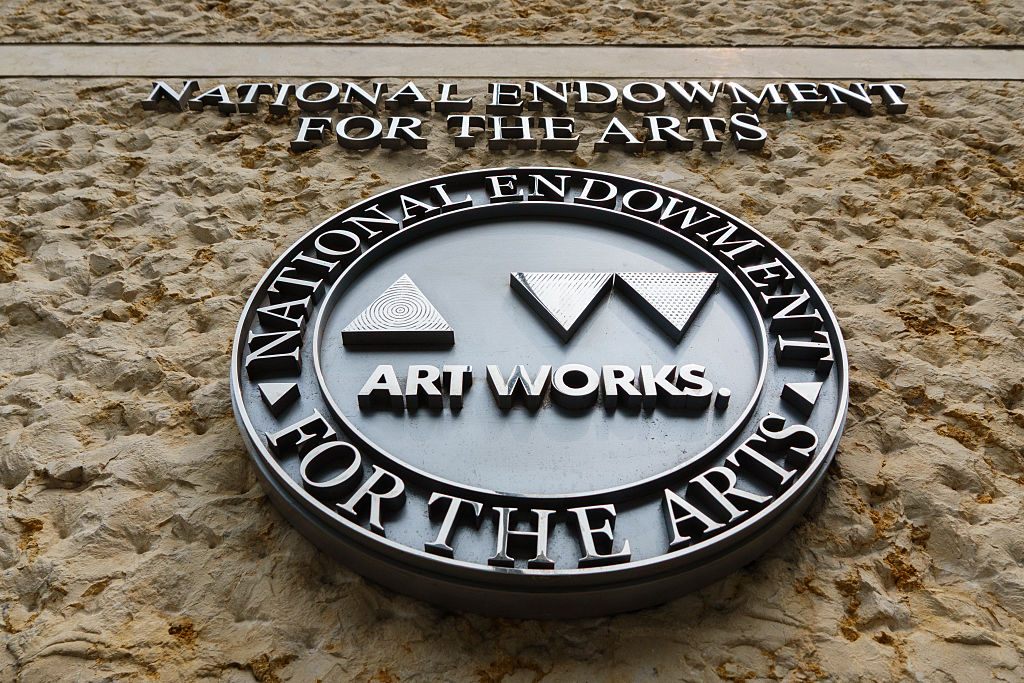The Cost of Free Parking
The Cato Institute today launched an excellent symposium on the high costs of free parking. It’s wonky stuff, to be sure, but challenges the Right’s refusal to engage with urban planning issues and blindness to all the subsidies going to our automobile-centric infrastructure. The lead essay by Donald Shoup, a UCLA professor of urban planning, contains some powerful arguments for parking meters with market-based pricing:
Cities should set the right price for curb parking, because the wrong prices produce bad results. Where curb parking is underpriced and overcrowded, a surprising share of traffic can be cruising in search of a place to park. Sixteen studies conducted between 1927 and 2001 found that, on average, 30 percent of the cars in congested traffic were cruising for parking. For example, when researchers interviewed drivers who were stopped at traffic signals in New York City, they found that 28 percent of the drivers on a street in Manhattan and 45 percent on a street in Brooklyn were cruising for curb parking.
Shoup also suggests that regulations mandating parking minimums for new developments are misguided at best — and create deserts of empty parking lots. A fascinating section of his paper shows how underused parking can be redeveloped, using some new urbanist principles, to transform concrete suburban deserts into both new revenue-generating properties for developers and places pleasant for pedestrians:
Everyone in Silicon Valley complains about high housing prices, long commutes, traffic jams, air pollution, and the difficulty of attracting employees. Building housing on the periphery of parking lots would help to solve all these problems. … If apartment buildings were built next to the sidewalks, anyone walking, biking, or driving by would see what looks like a real city. …
Courtyard apartments, row houses, office buildings, stores, restaurants, or even single-family houses might be the best use for the land on the periphery of a parking lot. Liner buildings can create the atmosphere of a city, not a parking lot. If cities stop requiring off-street parking, vast suburban parking lots can evolve into real communities.
Real communities? Perhaps Shoup is a bit too optimistic, but at least getting the aesthetic experience right is a start. And he offers hope that our friends at the Front Porch Republic can get together with libertarians and liberals on his proposed policy agenda:
Diverse interests from across the political spectrum can for different reasons support a shift from minimum parking requirements to performance parking prices. Liberals will see that it increases public spending. Conservatives will see that it reduces government regulation. Environmentalists will see that it reduces energy consumption, air pollution, and carbon emissions. Businesses will see that it unburdens enterprise. New urbanists will see that it enables people to live at high density without being overrun by cars. Libertarians will see that it increases the opportunities for individual choice. Developers will see that it reduces building costs. Neighborhood activists will see that it devolves public decisions to the local level. Local elected officials will see that it reduces traffic congestion, encourages infill redevelopment, and pays for local public services without raising taxes. The current system of planning for parking does such widespread harm that the right reforms can benefit almost everyone.
Shoup turns on its head the notion that all urban planning must be plot to coerce people out of their cars:
Some people assume that America has a freely chosen love affair with the car. I think it was really an arranged marriage. By recommending minimum parking requirements in zoning ordinances, the planning profession was both a matchmaker and a leading member of the wedding party.
Exactly. Much of America is chained to the steering wheel because postwar sprawl — created by government mandated parking lots and interstate highways — made the car the only pleasant way to get around this country. We have the illusion of choice where none exists at all, unless you mean choosing which drive-thru or big box store to visit next.
I’m looking forward to the symposium’s replies to Shoup, which Cato promises over the next two weeks. They’ve surely included one person who will insist — as George Will did recently — that the automobile is an almost sacred object delivering freedom, and that if governments are meant to secure liberty, they can at least provide free parking.

